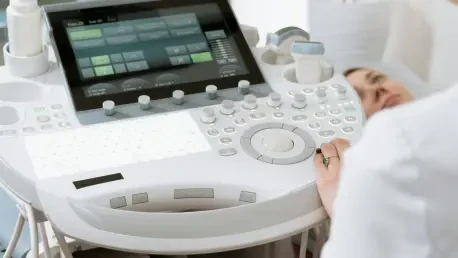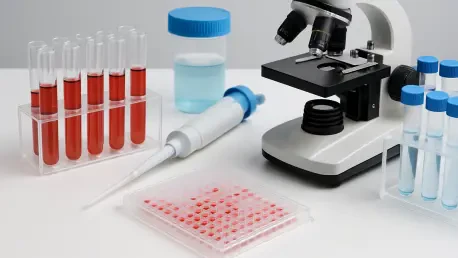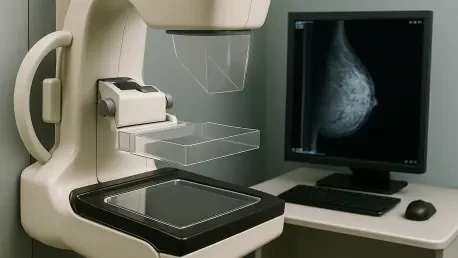
In a decisive move that establishes a new benchmark for data privacy enforcement in the United States, the California Privacy Protection Agency (CPPA) has concluded its inaugural enforcement action under the state's landmark Delete Act, targeting a Texas-based data broker for significant

The intricate process of diagnosing illness in modern medicine often begins with a simple image, yet a growing crisis within the UK's National Health Service (NHS) reveals that the interpretation of these critical scans is fraught with peril. A sharp increase in clinical negligence claims related

A critical disruption in Saskatchewan's diagnostic imaging services has left numerous cancer patients in a state of prolonged uncertainty after the province's only positron emission tomography scanner was forced into a sudden shutdown. The vital piece of equipment, located at Saskatoon's Royal

In vitro diagnostics (IVDs) wield a disproportionate influence on modern medicine, informing nearly two-thirds of all clinical decisions while accounting for a mere two percent of total healthcare spending in the United States. This unique position places immense pressure on IVD manufacturers to

Receiving a call back after a routine screening mammogram can be an incredibly stressful experience, initiating a period of uncertainty for thousands of women each year while clinicians face the critical challenge of distinguishing benign findings from genuine malignancies. The goal is always to

A routine visit for a new pair of glasses or a preventative screening can take an unexpected turn when the intake form or a clinician begins asking about ethnicity, marital status, or housing stability. For many, these questions feel deeply personal and irrelevant to the immediate medical issue,